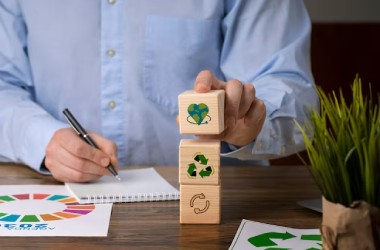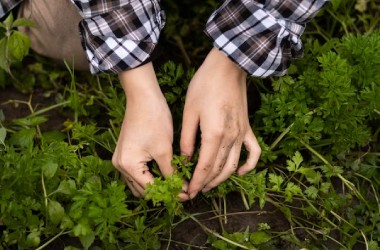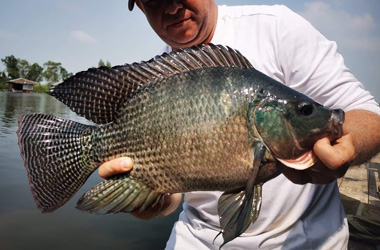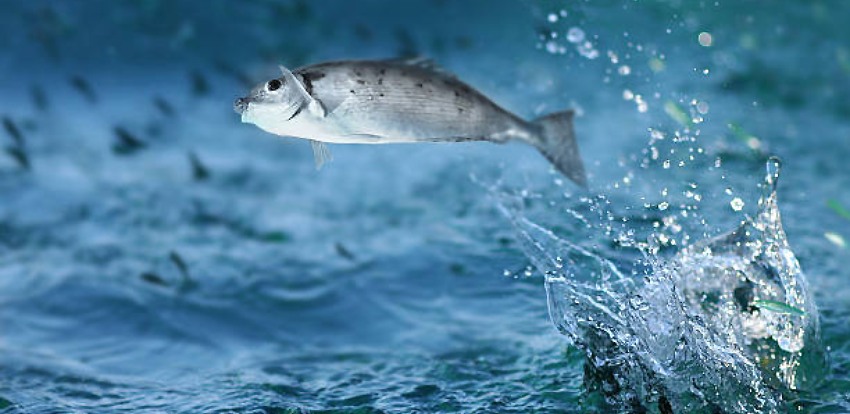
Billions of individuals worldwide depend on the bounty of healthy oceans for sustenance and employment opportunities. However, the escalating demand for fish protein poses a significant challenge as projections indicate a 14 percent uptick in growth by 2030 compared to 2020.
Burgeoning markets across Asia, Europe, Latin America, and Oceania drive this surge. Despite this promising trajectory, wild-caught seafood remains stagnant, with over 85 percent of global fisheries operating at or beyond their sustainable limits. This stagnation underscores the crucial need to shift away from conventional growth models reliant on wild-caught seafood.
As the global appetite for seafood intensifies, aquaculture emerges as a critical player in meeting escalating demands. While aquaculture has been a principal contributor to new fish supplies in recent years, the sector faces challenges in scaling production ecologically to match the rising global demand. Hurdles to this ecological scaling persist, necessitating innovative solutions to align production with sustainable practices. The interplay between economic development and per-capita protein consumption unveils the complex dynamics of protein sourcing, varying significantly across nations. For instance, a recent study in Singapore revealed a notable surge in seafood purchasing preferences compared to a decade ago, signifying evolving consumer trends.
The overarching question looms: amidst the progressive development of nations, will the world witness a shortfall in seafood supply to meet burgeoning demands? The pace of fish harvesting surpasses the natural replenishment rate in numerous regions globally, leading to a decline in global catches by approximately 1 percent annually since the 1990s, primarily owing to overfishing. Many regions have imposed restrictions on fishing licenses to foster well-managed fisheries, rendering new quotas a scarce commodity. Despite these challenges, the OECD forecasts a robust escalation in global fish production, projecting a 203 million metric tons peak by 2031, with aquaculture production outstripping wild catches around 2024.
Addressing concerns of sustainability, locally sourced seafood emerges as a viable solution to curb the environmental footprint of international air freight transportation, significantly reducing costs and carbon emissions. Additionally, health considerations prompt a reexamination of mercury levels in fish and shellfish, advocating for alternative seafood sources rich in omega-3 fatty acids while mitigating mercury risks. Ecological alternatives introduce novel seafood sources and alleviate pressure on delicate aquatic ecosystems, signaling a shift towards sustainable and efficient protein production.
The path toward a sustainable seafood future necessitates a delicate balance between consumer accessibility, price points, and ecological stewardship. Companies navigating this terrain must navigate macroeconomic forces while fostering innovation to enhance seafood availability and affordability. Through strategic partnerships, innovative distribution channels, and a relentless pursuit of sustainable practices, the seafood industry stands poised to effect profound environmental change, offering healthier organic options and broader access to protein resources. Understanding the impediments to scaling and drawing insights from past successes in organic fish production will pave the way for a transformative impact, ushering in an era of sustainable seafood consumption and ecological balance.


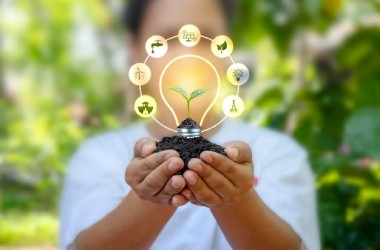
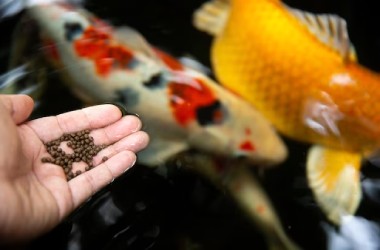
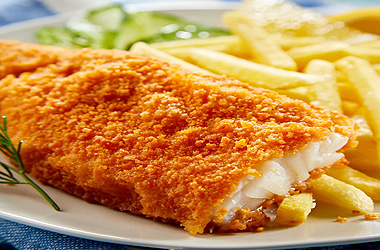
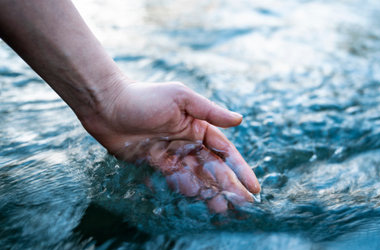

.jpg)
